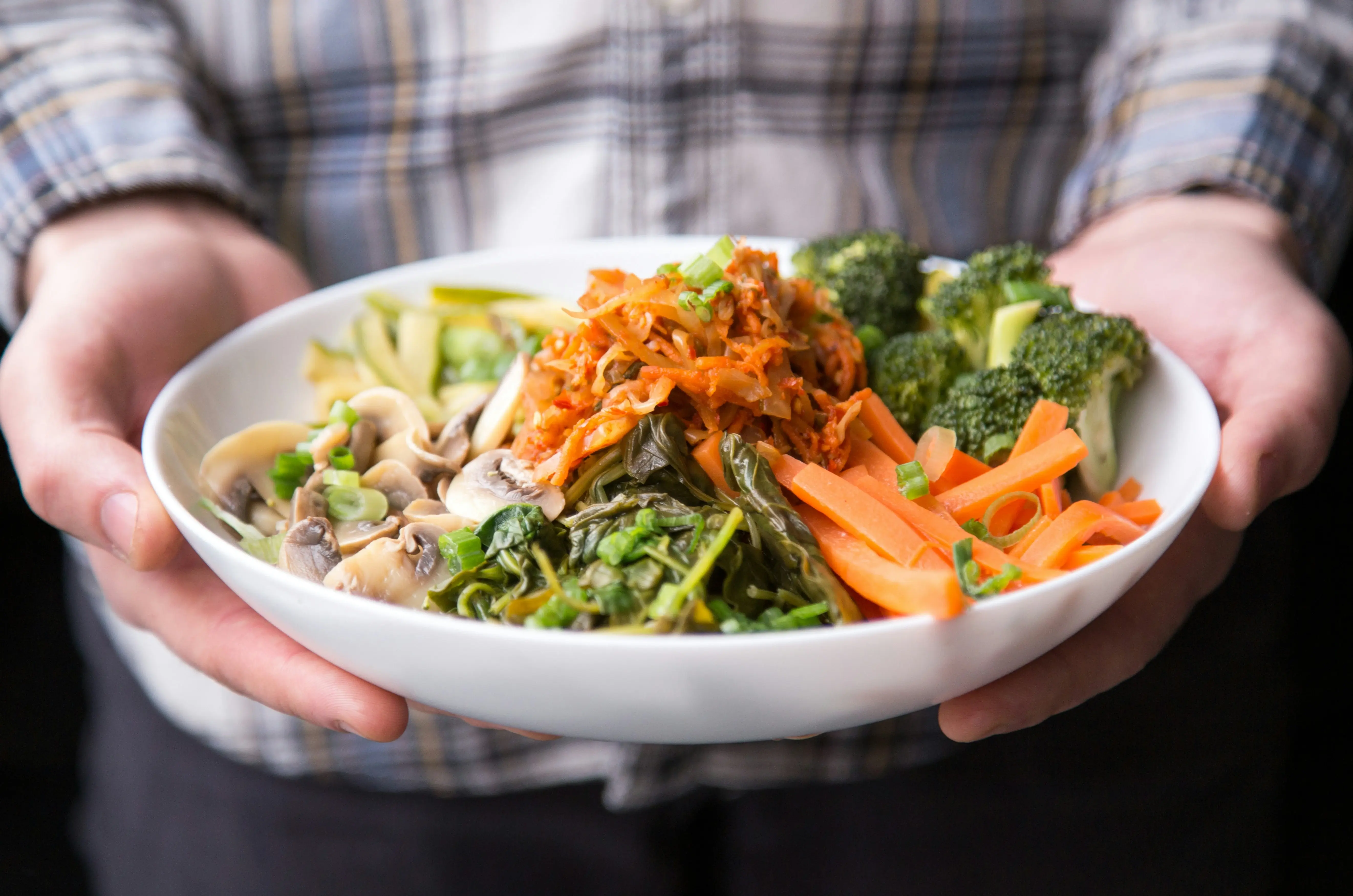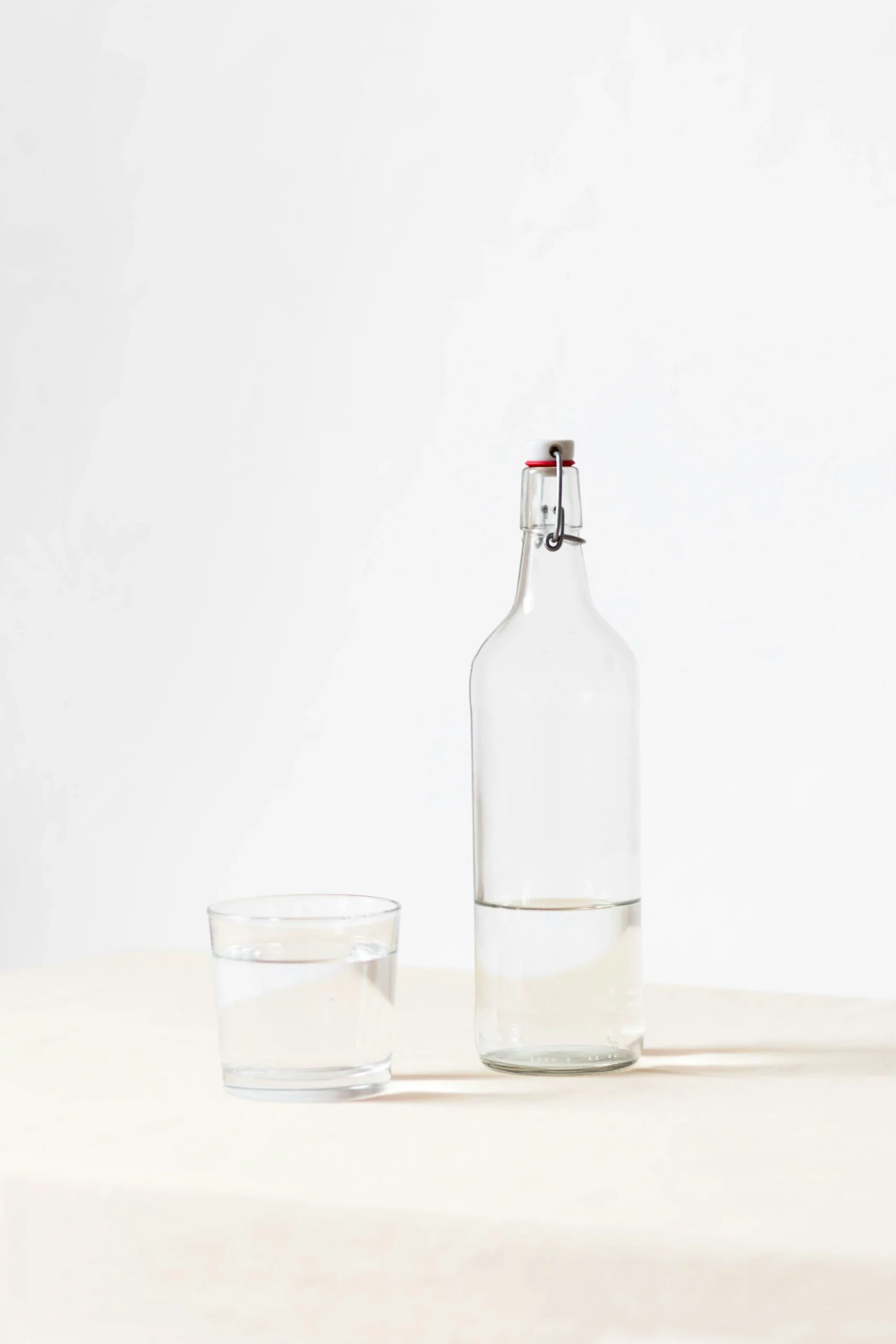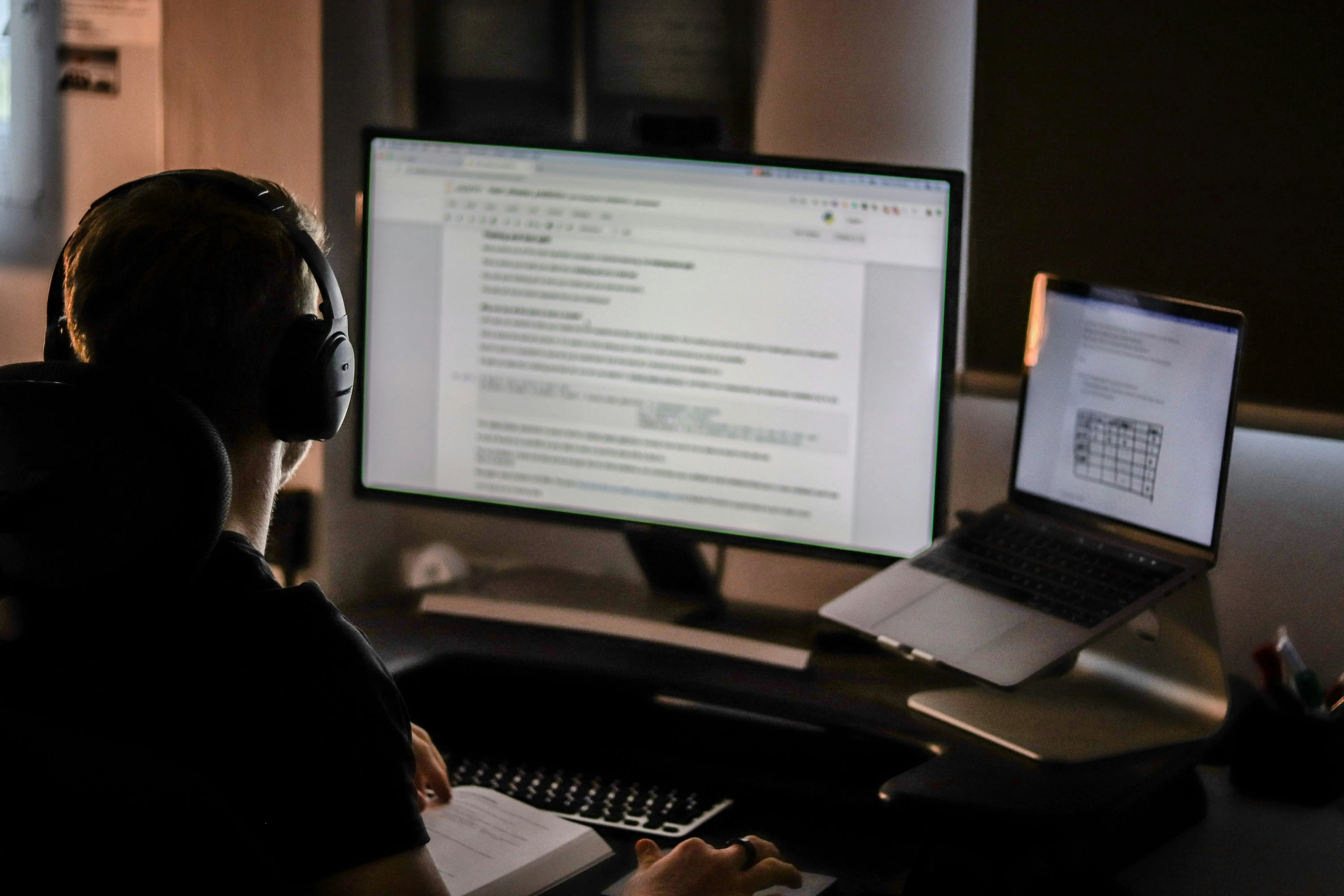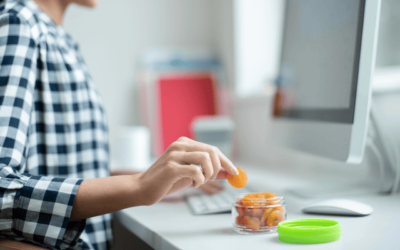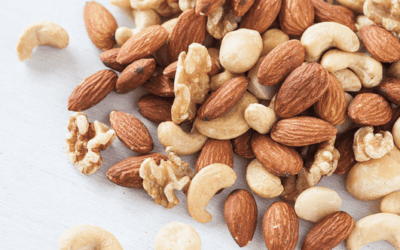Let’s be honest. You’re probably reading this at 10 p.m. on a weekday. Maybe on your phone or laptop. Most likely searching for answers about how your diet affects your sleep. Well, you’re in the right place. In this article, we’ll explore nutrition-based sleep allies and the role of hydration. We’ll also talk about how screens disrupt your rest and why late-night snacking might be hurting your sleep quality. Finally, you’ll get practical tips to build a better bedtime routine.
You are what you eat
One of the biggest factors that affects sleep is your eating habits. Being aware of the connection between food and sleep is key to your health and well-being.
What we eat — or don’t eat — plays a major role in the quality of our sleep. The same goes for our daytime alertness, which is closely tied to what we consume.
According to research on nutrition and sleep, a diet rich in complex carbohydrates increases your chances of getting better quality sleep. On the flip side, high-fat foods are linked to more frequent night wakings and lighter sleep.
Tryptophan: your night-time ally
Certain foods promote restful sleep because they contain tryptophan, an essential amino acid. Since our bodies can’t make tryptophan on their own, we need to get it from our diet.
Tryptophan is vital for overall health. It helps your body produce key chemicals like serotonin, niacin and melatonin.
Foods like turkey and nuts are known to help you fall asleep faster and sleep longer. Complex carbs also help your brain produce more tryptophan, which increases drowsiness. You can find these carbs in foods like whole grains and legumes.
Magnesium also plays a role in helping your body relax, which supports better sleep. Foods high in magnesium include leafy greens, nuts and seeds.
Avoid late-night snacking
Beyond the type of food you eat, the timing matters too. Sugary snacks, spicy dishes and drinks with caffeine or alcohol should be avoided in the evening. Eating or drinking these too close to bedtime can delay sleep and cause restlessness.
Be especially cautious about post-dinner snacking. It’s tempting to grab a sweet treat while watching a show, but this habit can seriously impact your sleep. Candy, cookies, cakes and ice cream are all examples of sleep-disrupting snacks.
Instead, try winding down with an herbal tea or a calming plant-based drink. These help your body relax and improve your sleep hygiene, leaving you feeling refreshed in the morning.
Hydration matters
The link between hydration and sleep is often overlooked. But water plays a key role in how well you sleep. Ever heard the advice “drink a glass of water before bed to sleep better”? While it might sound simple, it’s backed by science. Our bodies lose water during sleep, and dehydration can disrupt the circadian rhythm and shorten sleep duration.
Many factors can cause overnight dehydration: breathing, snoring, room temperature, humidity, late-night workouts or, in women, menopause.
Water also helps regulate body temperature, which affects sleep quality.
To stay hydrated, drink enough water throughout the day. Especially when you wake up, and before lunch and dinner. Eat water-rich foods like watermelon, strawberries, cucumber and radishes. Herbs like mint and cress also help.
Just don’t drink too much water right before bed or you might end up waking frequently to use the bathroom.
Screens are sleep disruptors
Screens are everywhere. In our pockets, on our desks, at home and at work. All those glowing LEDs are stealing hours we could be spending asleep.
Screens have become one of the main causes of sleep disorders like insomnia, hypersomnia and parasomnia. Reducing screen time is crucial for anyone looking to sleep better.
Studies show that blue light from screens lowers melatonin levels, the hormone that signals your body it’s time to sleep. As a result, it becomes harder to fall asleep and stay asleep. Social media, TV shows, video games — all of them stimulate your brain and delay rest.
For better sleep, avoid screens for at least one hour — ideally two — before bedtime. There are plenty of alternatives: read a book, journal, meditate, take a warm shower, stretch or listen to calming music.
In conclusion
In today’s world of fast food and glowing screens, we often underestimate how these habits disrupt our sleep.
Pay attention to what you eat, stay hydrated during the day and cut down on screen time before bed. These small actions can significantly improve your sleep hygiene and overall health.
Understanding the link between lifestyle choices and sleep quality is key. Better sleep isn’t just about feeling rested. It’s about transforming your life and well-being.
Published on 11/03/2024
